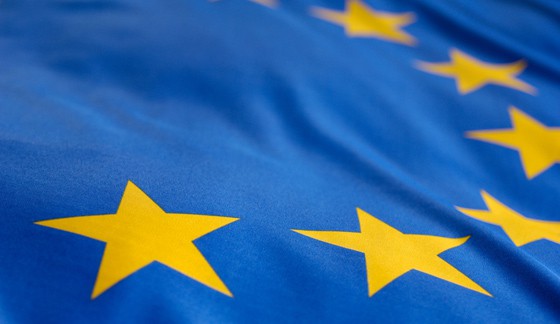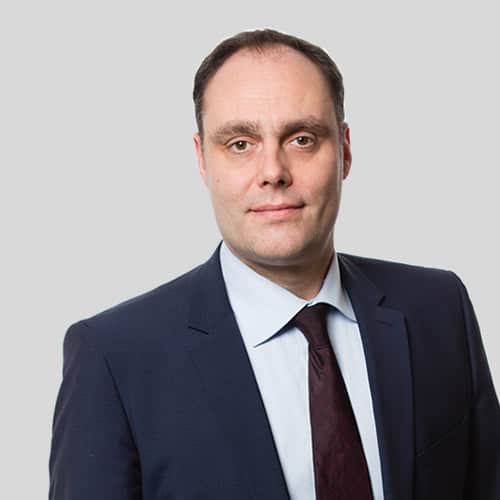
Europe is adapting to high cost specialised treatments reaching the market via accelerated access initiatives, including cell and gene therapies – but models are still in their infancy, and a co-ordinated approach to value across the region would benefit all sides.
That was the message from a panel of industry leaders in the field at a conference in London last week, who shared the platform with payers to discuss how advanced therapy medicinal products (ATMPs) can gain market access.
Last year saw the launch of three groundbreaking products in Europe: the CAR-T competitors, Kymriah from Novartis and Gilead’s Yescarta and Spark’s rare eye disease gene therapy Luxturna.
Novartis and Gilead were successful in agreeing very rapid market access deals with NHS England in September and October last year respectively. The terms of those deals remain confidential, but are thought to include some outcomes-based component.
Then in March, Novartis secured market access for Kymriah in Germany via an outcome-based deal, something which had been virtually unheard of before in Germany. A coalition of health insurers, GWQ (Gesellschaft für Wirtschaftlichkeit und Qualität für Krankenkassen) has agreed to pay €320,000 for Kymriah, with payment based on overall survival in patients with relapsed/refractory diffuse large B-cell lymphoma (DLBCL).
The Advanced Therapies & Regenerative Medicine congress, hosted by Terrapinn on Thursday, brought together a panel of experts who discussed emerging reimbursement and financing models in the US and Europe.

Tamir Singer
Tamir Singer, head of commercial development, specialised commissioning, NHS England said his organisation was increasingly interested in integrating real world evidence into reimbursement deals for ATMPs.
However he said there were some clear limits to outcomes-based deals NHS England would consider, with the arrangements needing to be ‘transactable’. This means the agreement needs to be based on clear and unambiguous clinical criteria, such as overall survival, or whether the treatment has prevented the need for the patient to have an organ transplant or not, for instance.
Sharing the platform was Carla Deakin, commercial and managed access, NICE, who underlined that her organisation and NHS England are now working much more closely than before to provide a seamless market access route for industry.
That was illustrated last year when England became the first major European country to agree market access deals with both Gilead and Novartis for their CAR-T products – a contrast to recent history where it has often been a slow adopter of novel therapies.
Mr Singer indicated that dialogue now starts early with companies to shape expectations and make clear requirements for managed access agreements and real world data requirements.
“Part of my role is to educate companies about how this could look like when they are approaching a NICE appraisal. We work very closely together [with NICE] to make sure we can prepare companies and maximise the chances of faster access.”

Eucope’s Alexander Natz
Chairing the session, Alexander Natz, secretary general of the European Confederation of Pharmaceutical Entrepreneurs (EUCOPE), said Germany’s market access pathway was also changing.
He commented that Germany has always demanded high standards of evidence to support reimbursement decisions, and as such has not accepted real world evidence as robust enough.
However the changing dynamics of the pipeline and regulatory approaches means the reimbursement field is also now changing.
Germany’s GSAV legislation was introduced to the country’s parliament in November last year, and looks set to become law by June 2019.
Among its provisions are plans for compulsory patient registries for all orphan products and medicines approved via conditional approval or exceptional circumstances.
The new law would give Germany’s G-BA ( or Federal Joint Committee the key market access decision-maker for the country) powers to dictate to the industry the data requirements for such products. This contrasts with the current situation, where this is determined through a dialogue between it and pharma companies.
Chiesi’s Holoclar is another groundbreaking ATMP, a stem cell replacement therapy for patients with the rare blindness condition limbal stem cell deficiency, which gained European approval in 2015.
The company gained conditional approval for the treatment based on retrospective data and a value dossier, and has an ongoing international trial to support the conditional approval with confirmatory data.
Giorgio Iotti, head of programme leadership and control, rare disease unit, Chiesi, told the conference that launch and market access was ‘complex,’ with great variations across Europe.
“I think we have had a different situation in each European country…this is not good…I think we should at least have better organisation in how you evaluate the value of a product.”
He said that even while it might end up with different prices in the respective countries, there should nevertheless be a common understanding on what represents value across Europe.
Italy is well known for being a pioneer of outcomes-based deals, and in Holoclar’s case, this involved a money back guarantee if the product had failed to work after 12 months.
However Mr Iotti indicated that the administration of this was more complicated than it needed to be: Chiesi was obliged by the European Medicines Agency to set up a pan-European patient registry to monitor safety, but a second national-level registry was also set up in Italy and overseen by physicians, which collected the data to supply the pay-for-performance deal.
Extra notes of caution about the difficult of gaining access for such therapies came from Axel Boehnke director market access, PTC Therapeutics, who stressed that the CAR-T deals could not be seen as templates for all other cell and gene therapies, which would be taken on their own merits, depending on data and needs within the specific therapy area.
Finally, Sarah Pitluck, head of global pricing and reimbursement for Spark Therapeutics was also on the panel, and outlined the difficulty her company had had in negotiating reimbursement for its gene therapy Luxturna, including moves by US hospitals to add their own additional costs to the price of the drug.
European healthcare systems may provide slightly more straightforward access to cell and gene therapy, thanks to single payer systems and fewer for-profit players in healthcare delivery.
Also addressing the conference separately was Doug Denison, head of global pricing and reimbursement at Bluebird Bio, who was explaining the company’s payment by instalment system it is proposing for its gene therapies, starting with its soon-to-be-approved beta thalassemia therapy Zynteglo.
Mr Iotti called for “more collaboration, more harmonisation and better dialogue” between European systems to allow for smoother and faster uptake.
Meanwhile NHS England is preparing to set out its own framework for how biopharma companies can negotiate novel approaches to reimbursement.
Mr Singer said NHS England was now finalising its new Commercial Framework, which would make clear the “the DNA of the direction of travel and how you might shape a deal” with NHS England. The new framework will build on the new UK-wide pricing agreement, the Voluntary Scheme for Branded Medicines Pricing and Access (VPAS), and is expected to go out to industry for consultation in late summer 2019.




